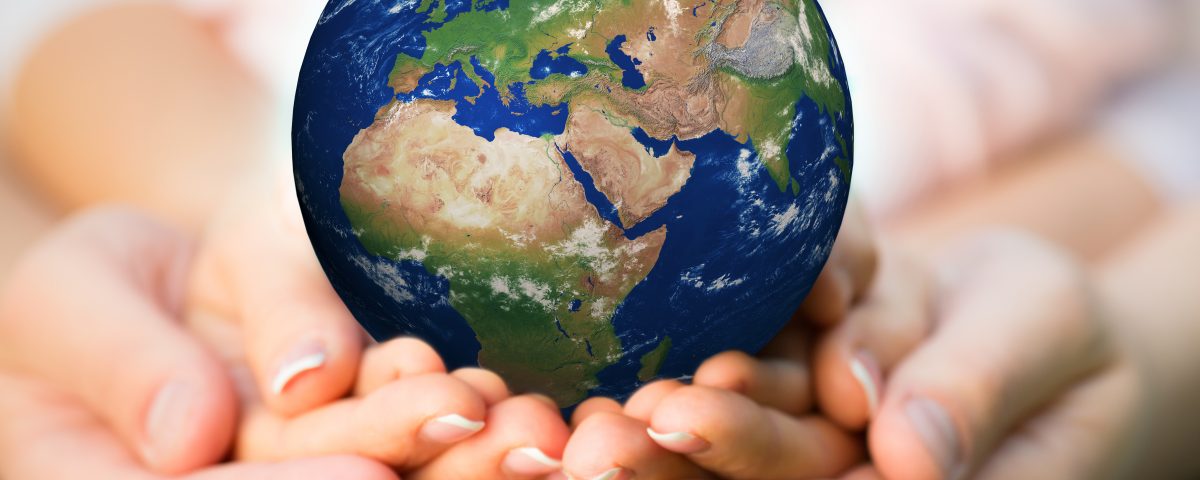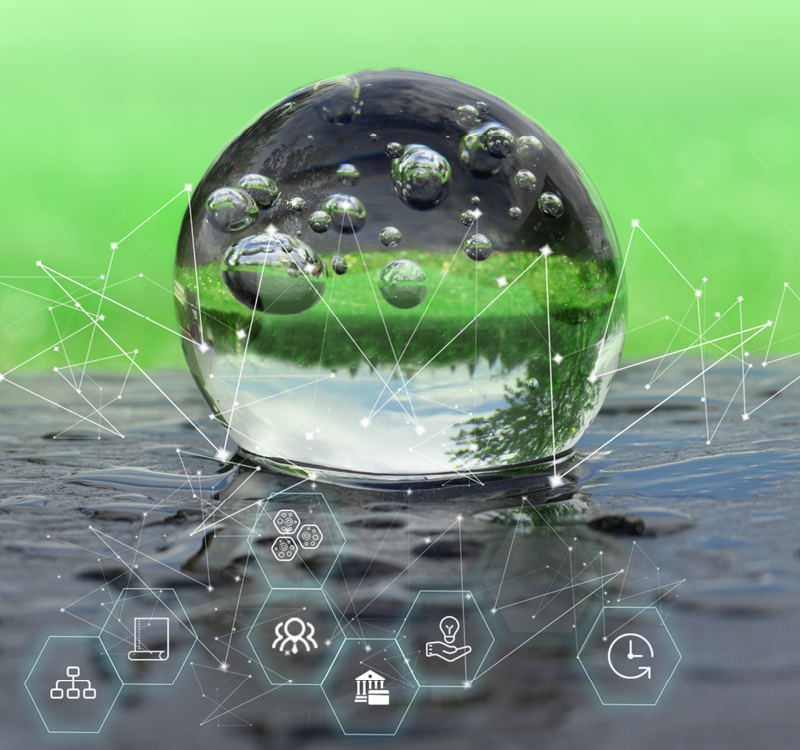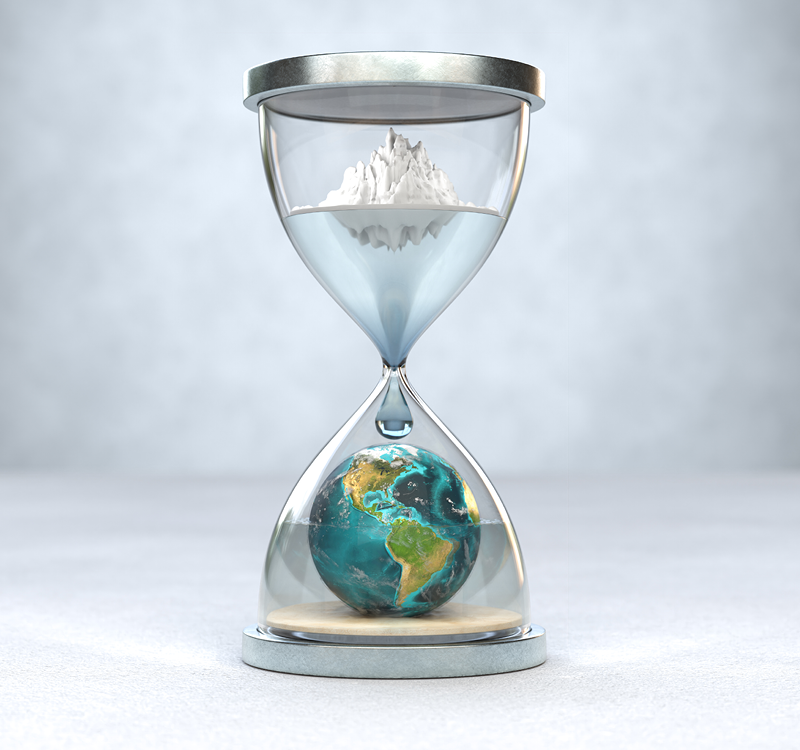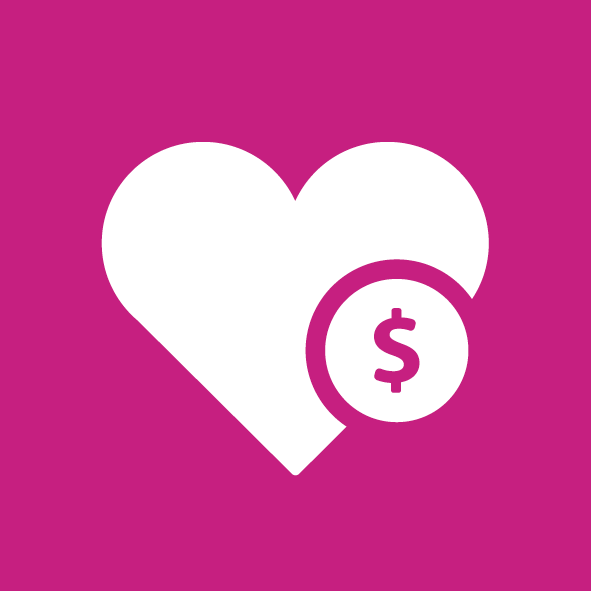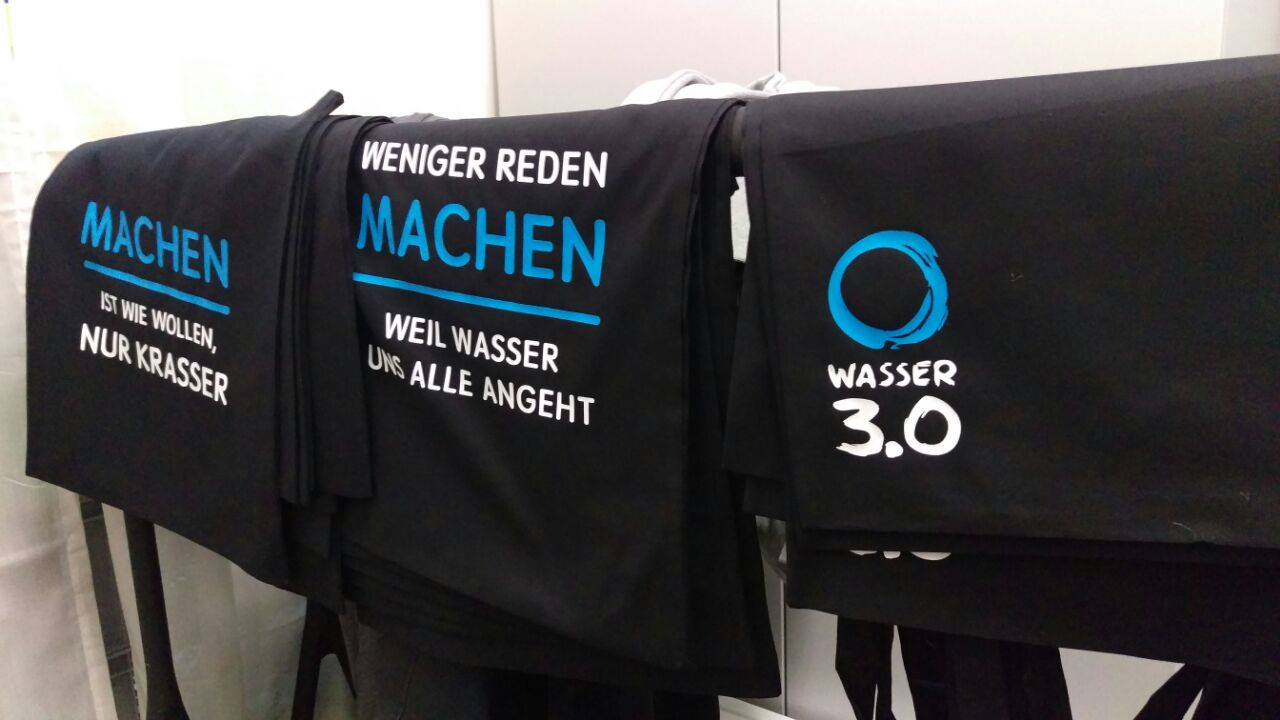
The Value of Water
22. March 2021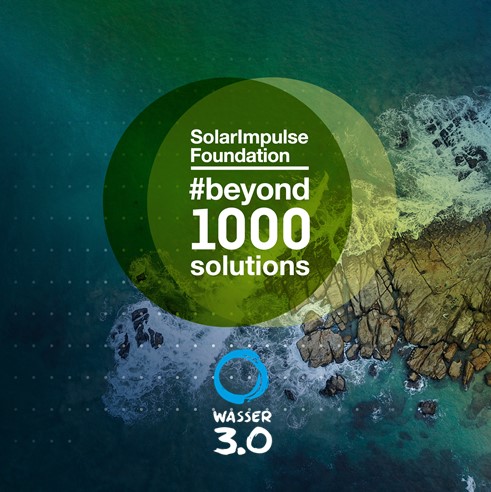
#beyond1000solutions
13. April 2021What are the Sustainable Development Goals (SDGs)?
The SDGs, or Sustainable Development Goals, are a set of 17 global goals established by the United Nations (UN) in 2015 as part of the 2030 Agenda for Sustainable Development. They are also known as the Global Goals and include 169 sub-goals that all UN member states aim to achieve by 2030.
These Sustainable Development Goals were created to address a wide range of social, economic, and environmental challenges facing the world and to promote sustainable development in all countries.
According to the common definition, solutions and approaches are considered sustainable only when giving equal weight and consideration to all three dimensions and when representing a long-term, viable and future-oriented perspective.
The goal of the SDGs is to create a global transformation according to the motto "Leave no one behind". This means the world's poorest and most disadvantaged people must always be included. The SDGs do not distinguish between developed and developing countries, they apply to all.
The 17 SDGs
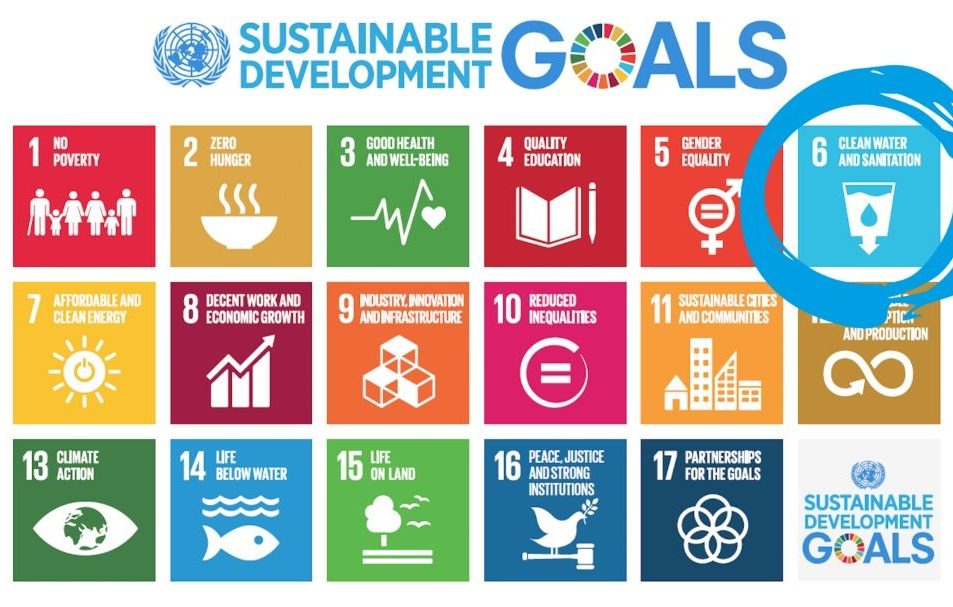
In 2015, the UN General Assembly adopted the 17 Sustainable Development Goals to transform our world. They are also known as the Global Goals and are part of the 2030 Agenda for Sustainable Development. They include 169 sub-goals that all UN member states aim to achieve by 2030.
The SDGs are a comprehensive plan to achieve a better future for all: No human being should suffer poverty and hunger. All people should have access to health care, water and education, and all genders should be equal. For prosperity, inequalities should be reduced, decent work for all promoted, renewable energy advanced and better infrastructure created. To protect the earth, we need responsible consumption, sustainable urban development, climate protection, and protection of life in water and on land. The peaceful coexistence in the world is only possible with more justice and governments that are committed to it.
Each of these goals has specific targets and indicators to measure progress. The UN SDGs are interconnected and address a wide range of global challenges, including poverty, inequality, climate change, environmental degradation, and social issues, with the aim of creating a more equitable, sustainable, and prosperous world for present and future generations.
Who is responsible for implementing the SDGs?
The responsibility for implementing the Sustainable Development Goals (SDGs) is shared among various stakeholders, including governments, international organizations, civil society, the private sector, and individuals. The SDGs are a very helpful orientation framework for how causes and effects are interwoven globally and locally and what tasks humanity has to fulfill towards achieving them.
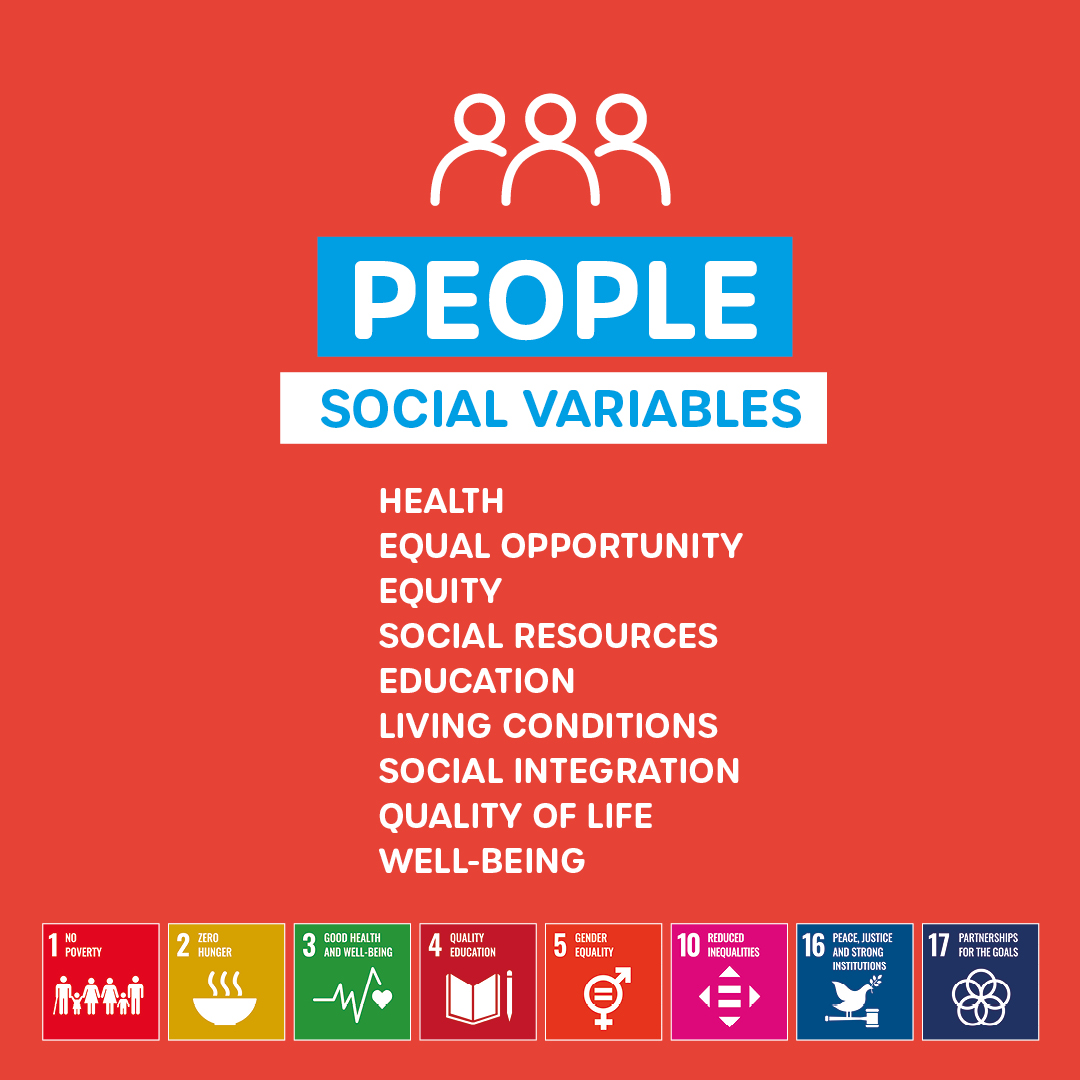
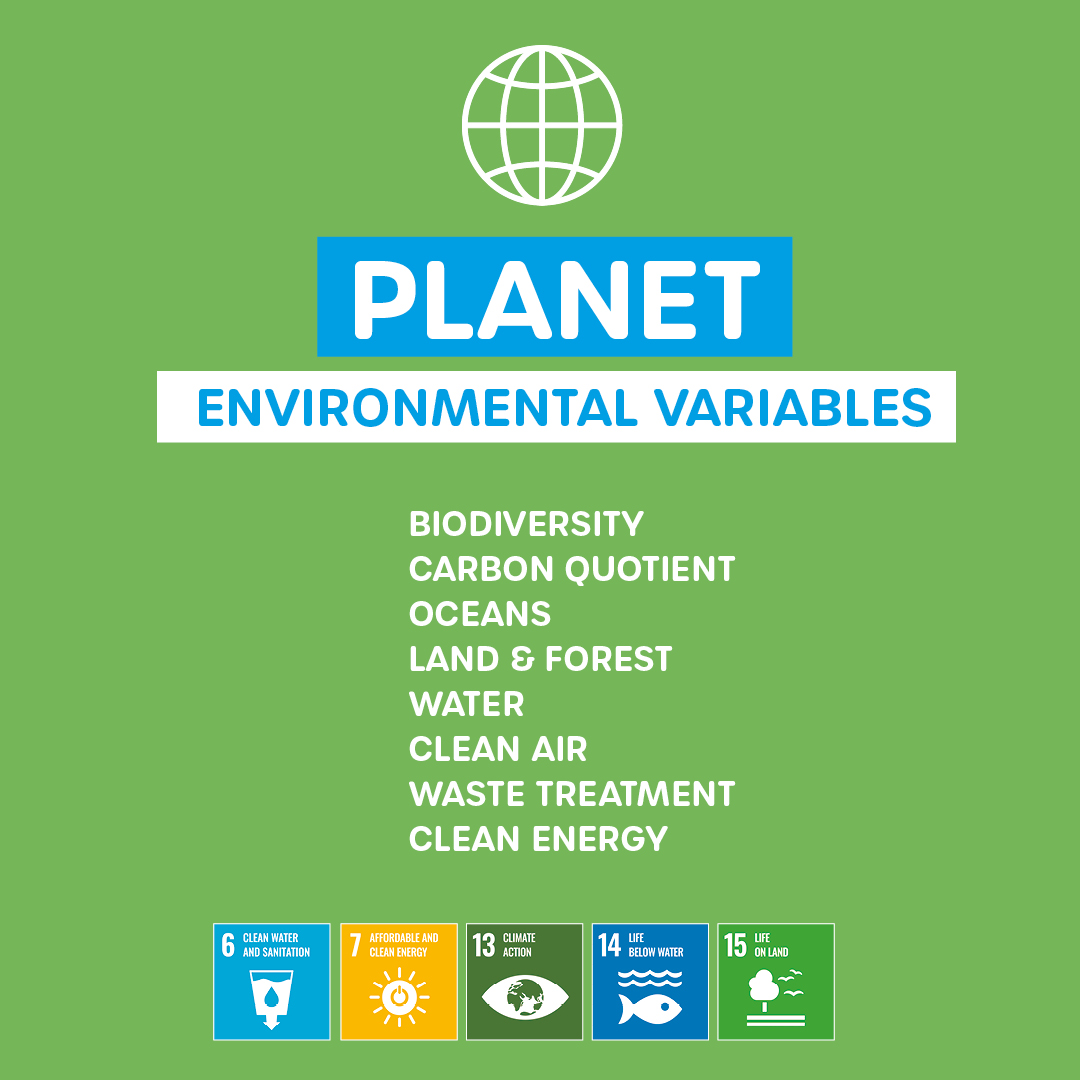
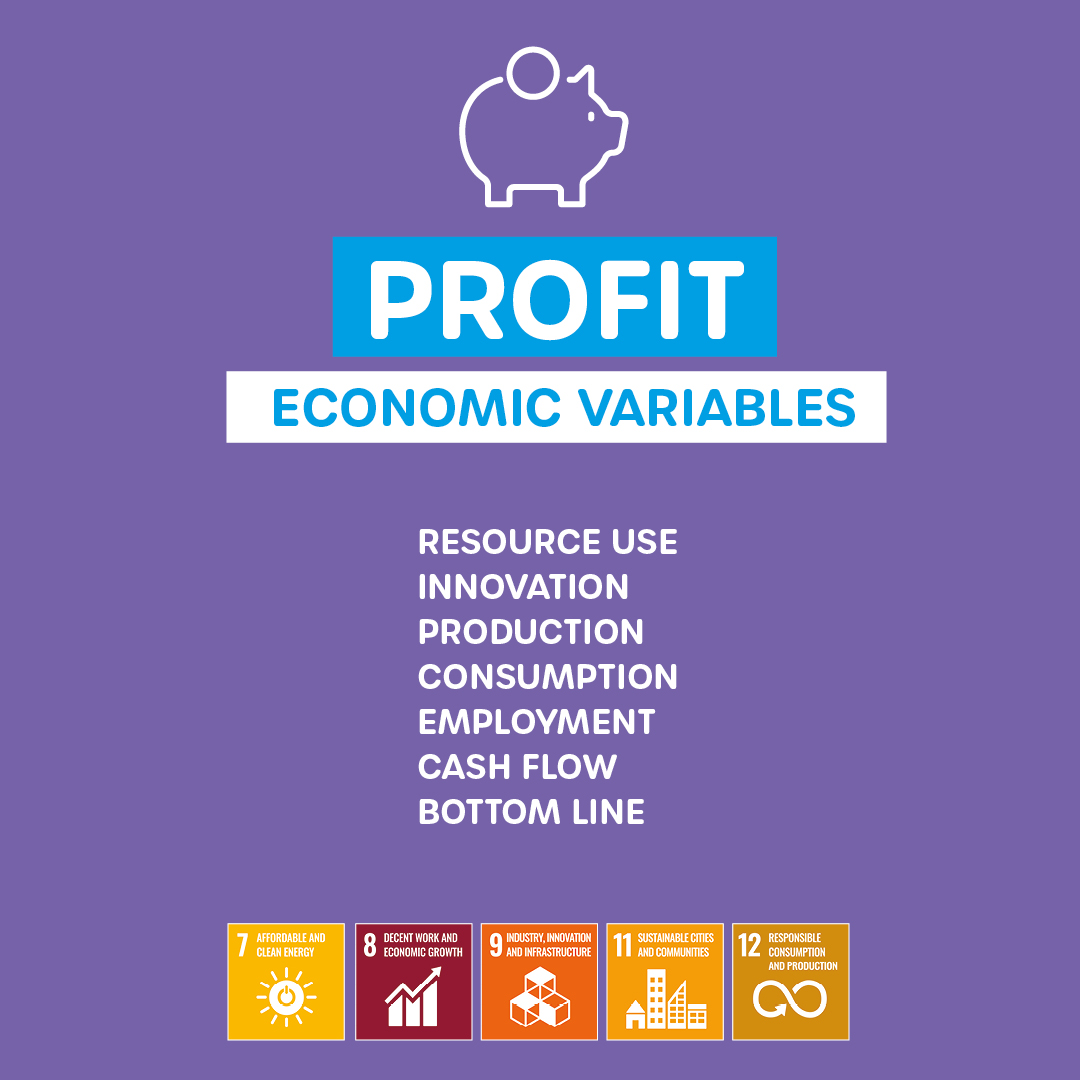
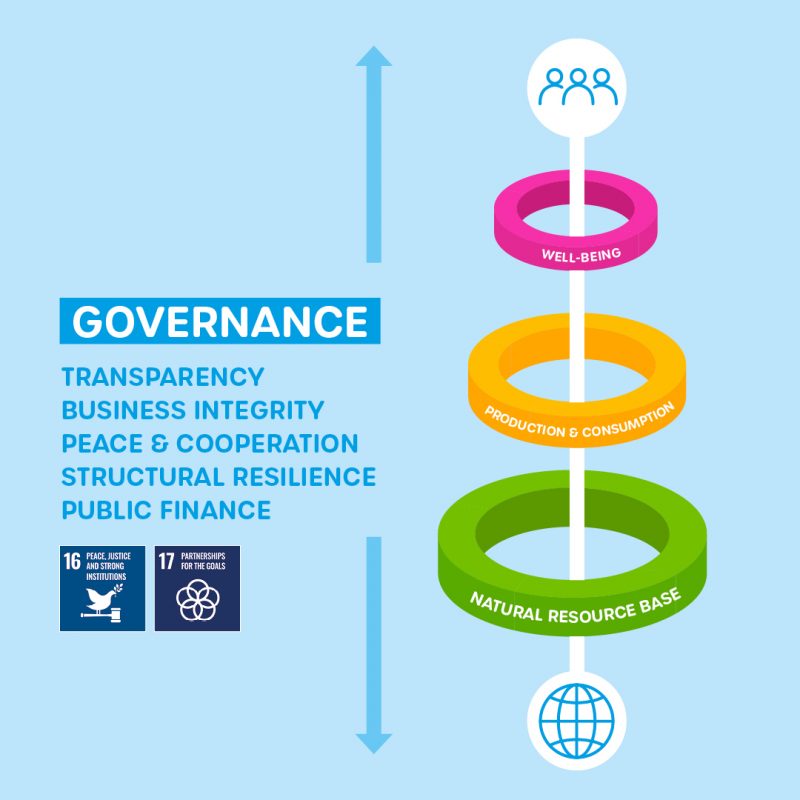
How does Wasser 3.0 contribute to the United Nations' Sustainable Development Goals (SDGs)?
According to the Social Progress Index, the SDGs will not be reached until 2082 at the current rate of progress- furthermore, the Covid-19 pandemic means that many of the SDGs will regress from successes already achieved. The impact of this delay will be devastating for billions of people.
As sustainability entrepreneurs, we regard research, technology, innovation, legislation, and education as pivotal drivers for achieving water free from microplastics and micropollutants. Our mission involves striving for systemic and socio-ecological transformations in current production and consumption processes
With our work, we make concrete and measurable contributions to the United Nations' Sustainability Goals, in particular SDG 6 (Clean Water and Sanitation) and SDG 14 (Life Below Water).
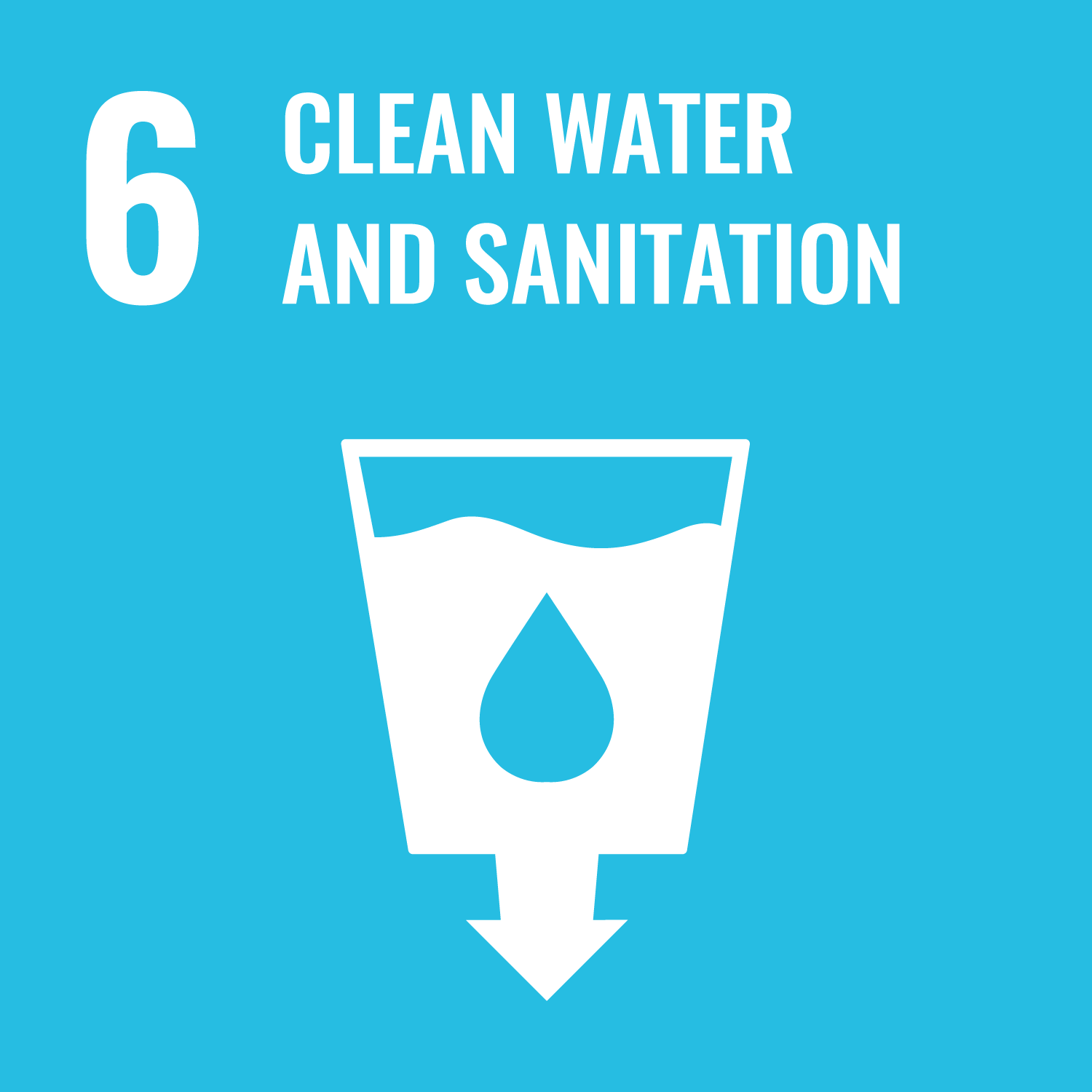
SDG 6 (Clean Water and Sanitation):
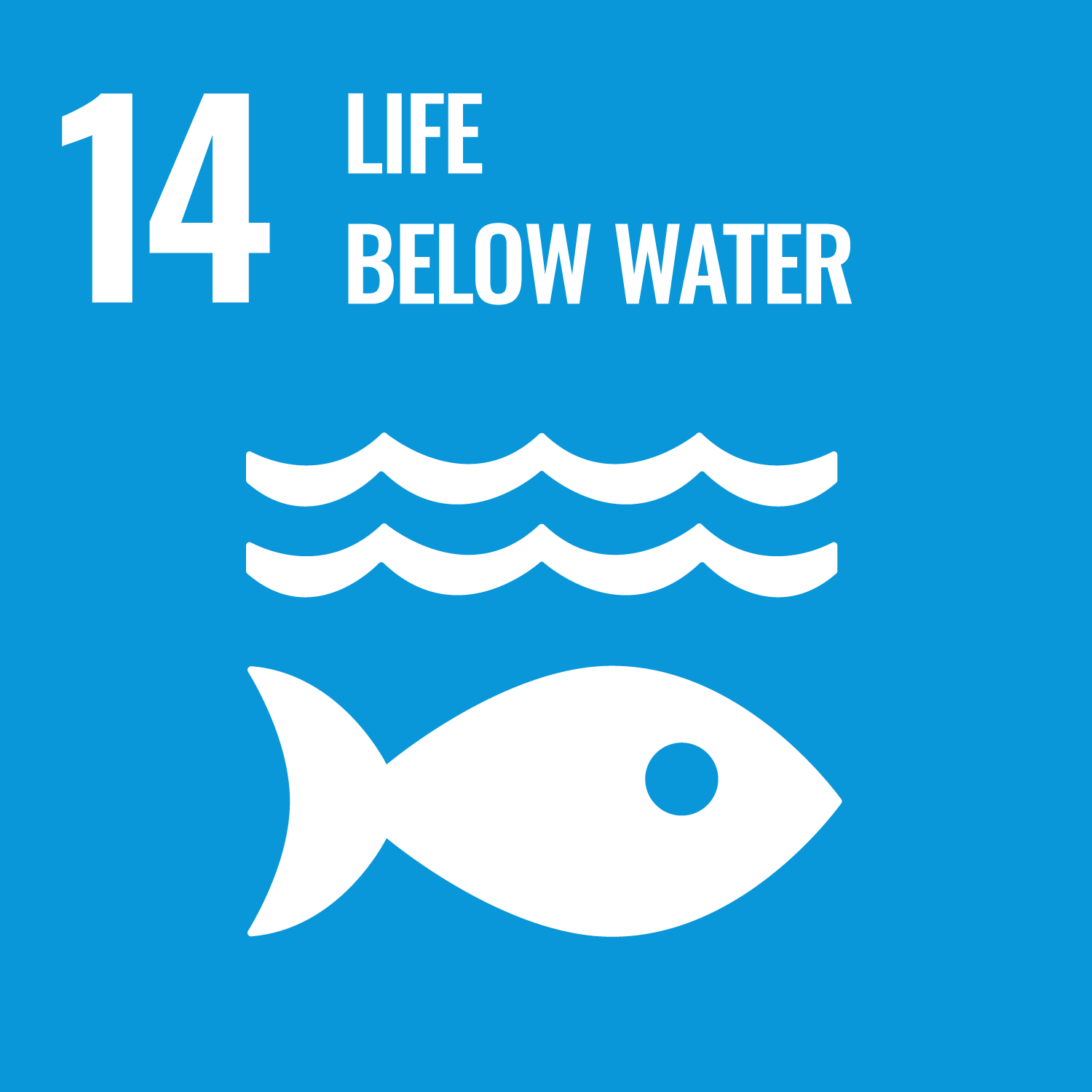
SDG 14 (Life Below Water):
Wasser 3.0 is part of Catalyst 2030
Catalyst 2030 is a global network movement comprised of social innovators from diverse sectors, that collectively represent most of the world's countries. We, Wasser 3.0 are part of this network. Its primary mission is to accelerate progress toward the achievement of the Sustainable Development Goals (SDGs) by 2030.
The global network movement actively explores and pursues innovative approaches to collaborate with communities, governments, businesses, and various stakeholders. The goal is to drive transformative change across all levels of existing systems through collective action and the adoption of forward-thinking strategies aligned with the principles of the SDGs.
Find out more about Catalyst 2030 and our other partners and networks.
Responsibility lies with all of us
The SDGs are a very helpful orientation framework for how causes and effects are interwoven globally and locally and what tasks humanity has to fulfill towards achieving them. Governments, companies, organizations, institutions and each individual are challenged to question and, if necessary, realign their actions.
However, many people have little or no awareness of the SDGs. Their average level of awareness is about 50% overall according to a study by Global Survey (global: 49.7%, EU: 56.5%, Germany: 46.1%). This is a shame and offers a lot of potential as each of us could contribute significantly to the achievement of the SDGs in their daily life.
For those who want to take action, the SDG Portal, for example, provides information and indicators for mapping the implementation of goals or sub-goals at the municipal level in Germany.
There is a lot to do. Through our understanding of sustainability, we act in networks, in dialogue and above all always with the 5 P's in focus. For more impact for waters without microplastics and micropollutants - worldwide.

